Myth: You can't prepare for an outage.
Fact: Unless it’s an emergency, we'll do our best to let you know at least three days before any planned power interruptions in your area. Before a planned power outage, you can prepare
Myth: You don't need to do anything during a power outage, just wait for the power to come back on.
Fact: During a power outage, safety should be the most important priority. You may want to unplug your appliances and turn off lights to prevent electrical surges when your power is restored.
Myth: your neighbour's power is on, so yours should be too.
Fact: When your power goes out, your first instinct is to check outside and see if your neighbour's lights are on. You might think that if their power is on, yours should be too. The way energy works is a bit more complex.
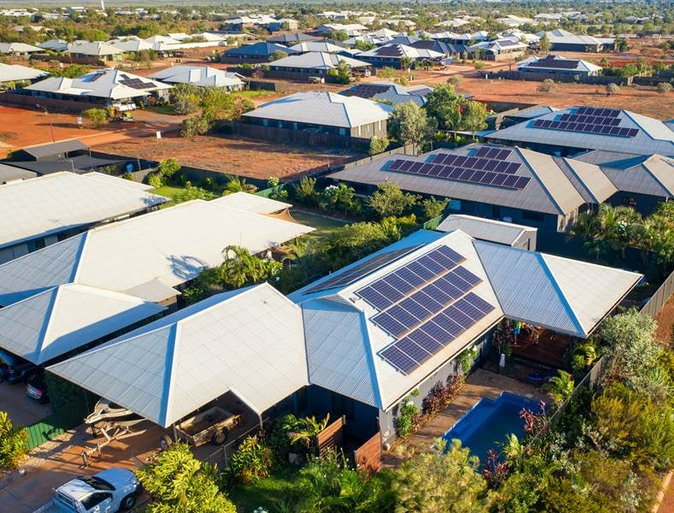
Ever wonder why your neighbour’s lights are still on when yours have gone out? Well, there are several reasons for it. You see, our electrical grid is a complex system, and your place might be hooked up through a completely different path than your neighbour’s. So, even if they have power, yours could be taking a different route.
And here's the thing: sometimes, the lights-out situation is due to everyday issues like a blown fuse or a tripped circuit breaker on your property. These little hiccups can leave you in the dark while your neighbours have their lights on.
So, if your power's out,
Safety is our top concern, and we're here around the clock, 24/7, to help keep your electricity reliable. We're just a call away, anytime you need a hand!
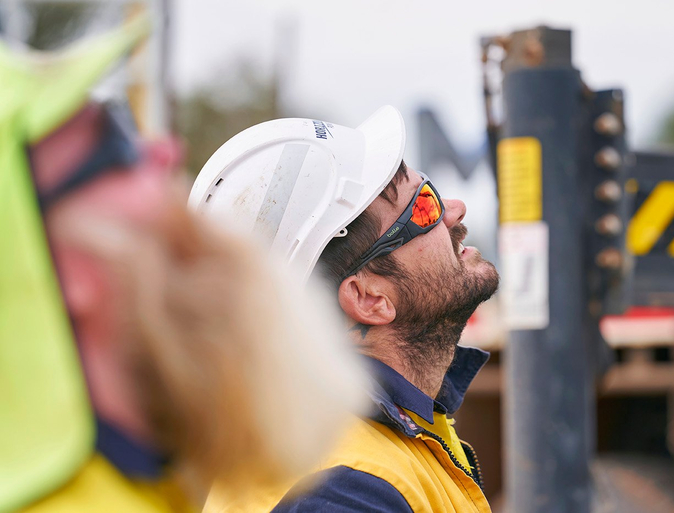
Myth: You don't need to worry about a power outage if you have a generator.
Fact: A generator can provide backup power during an outage – but it's important to use it safely and correctly.
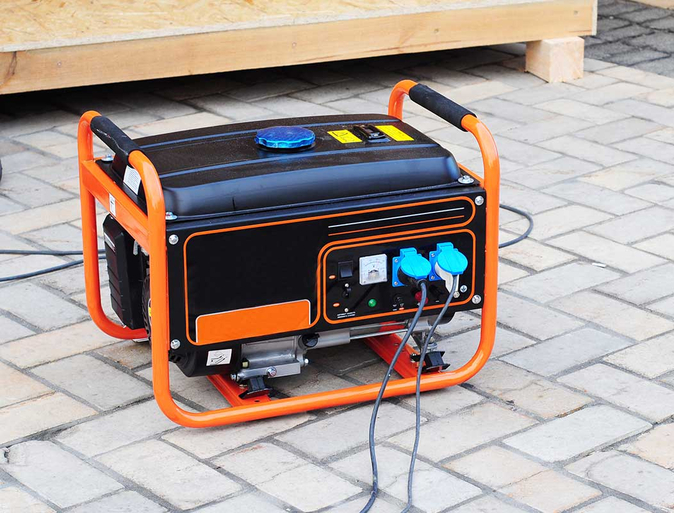
You’ll need to make sure your generator has fuel to operate, the right rating for the amount of power you need, and never use it indoors or in an enclosed space, as this can lead to carbon monoxide poisoning.
If you're in an area that is typically impacted by seasonal outages due to extreme weather, you should plan ahead by ensuring your generator is serviced and maintained and has fuel safely stored to operate and Always Make sure you follow all manufacturer's instructions.
Myth: You don't need to worry about your water supply during a power outage.
Fact: In some areas, your water supply might need electricity to operate.
It’s generally a good idea to keep some bottled water at home in case of either planned power interruptions or unplanned power outages.
As much as possible, try to avoid using your plumbing during a power outage, as this could cause sewer/septic backups and other issues when your power is restored.

Myth: You should use candles for light during a power outage.
Fact: Candles might seem like a good source of light during a power outage, but they could start a fire if left unattended.
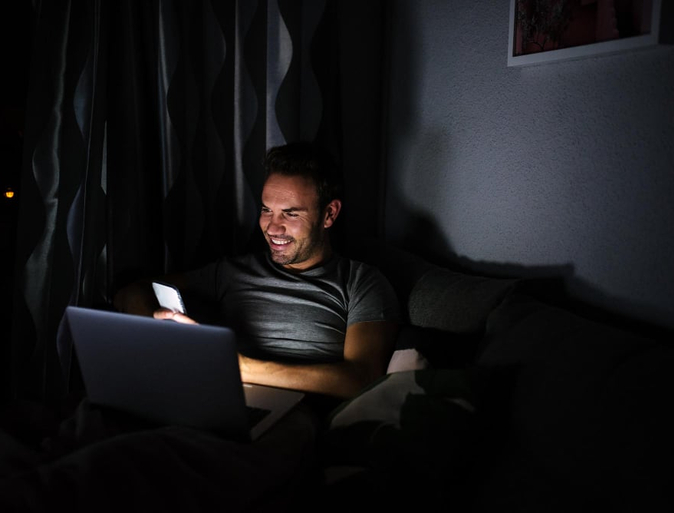
Some candles can also produce harmful fumes when burned for an extended period, which can be detrimental to indoor air quality and health.
To ensure the safety of your home and loved ones during power outages, it is safer to opt for alternative lighting sources such as torches, solar-powered lanterns, or battery-powered lanterns. These alternatives not only eliminate the fire hazard associated with candles but also offer a more reliable way to illuminate your surroundings.
Myth: Power outages only happen during severe weather.
Fact: Severe weather such as storms can cause unplanned power outages – but there are many other causes too.

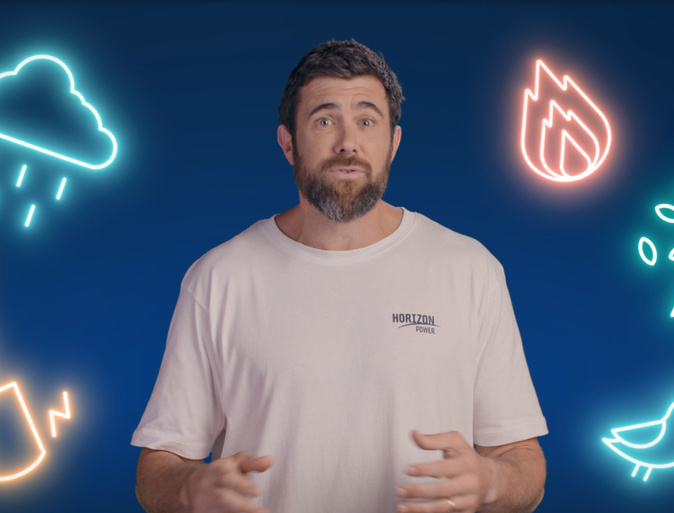
🦇 Fun Fact:
Yes, you read that right! While we can't blame Gotham City's caped crusader for these outages, our friendly neighbourhood bats have certainly taken a liking to our power lines. They must be practicing their acrobatics up there! So, whether it's a storm, equipment failure, or a curious bat, it's always good to be prepared for the unexpected when it comes to power outages.
Myth: Once the power is back on, everything goes back to normal.
Fact: After a power outage, you might need to:
Learn more about power outages
Remember, even during a power outage, always stay away from fallen powerlines. stay at least 10 metres away and call our Horizon Power team on 13 23 51. In a life-threatening situation, call emergency services. Horizon Power acknowledges the Traditional Custodians throughout Western Australia and their continuing connection to the land, waters and community. We pay our respects to all members of the Aboriginal communities and their cultures; and to Elders past, present and emerging.
Aboriginal and Torres Strait Islander people are advised that this website may contain images, names or voices of deceased people.